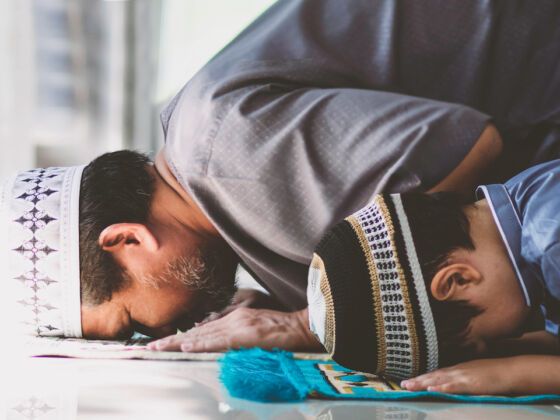When the flight attendant turned down my request for wine with dinner shortly after the Royal Air Maroc jet bound for Casablanca took off last September, I realized my yoga retreat in Morocco would bring some travel surprises.
There was no booze on board—and every Muslim on the flight was observing Ramadan.
If you’re a practicing Muslim traveling in the Islamic world, you already know what to expect during the holy month of Ramadan. But if you have little knowledge of the holiday, like me, you may want to brush up on what this period of devotion and self-sacrifice means.
The appreciation of the holiday will open up some meaningful conversations with your local hosts and create some great travel memories. Follow these five tips, and you’ll enjoy a more spiritually engaged Ramadan travel experience.
